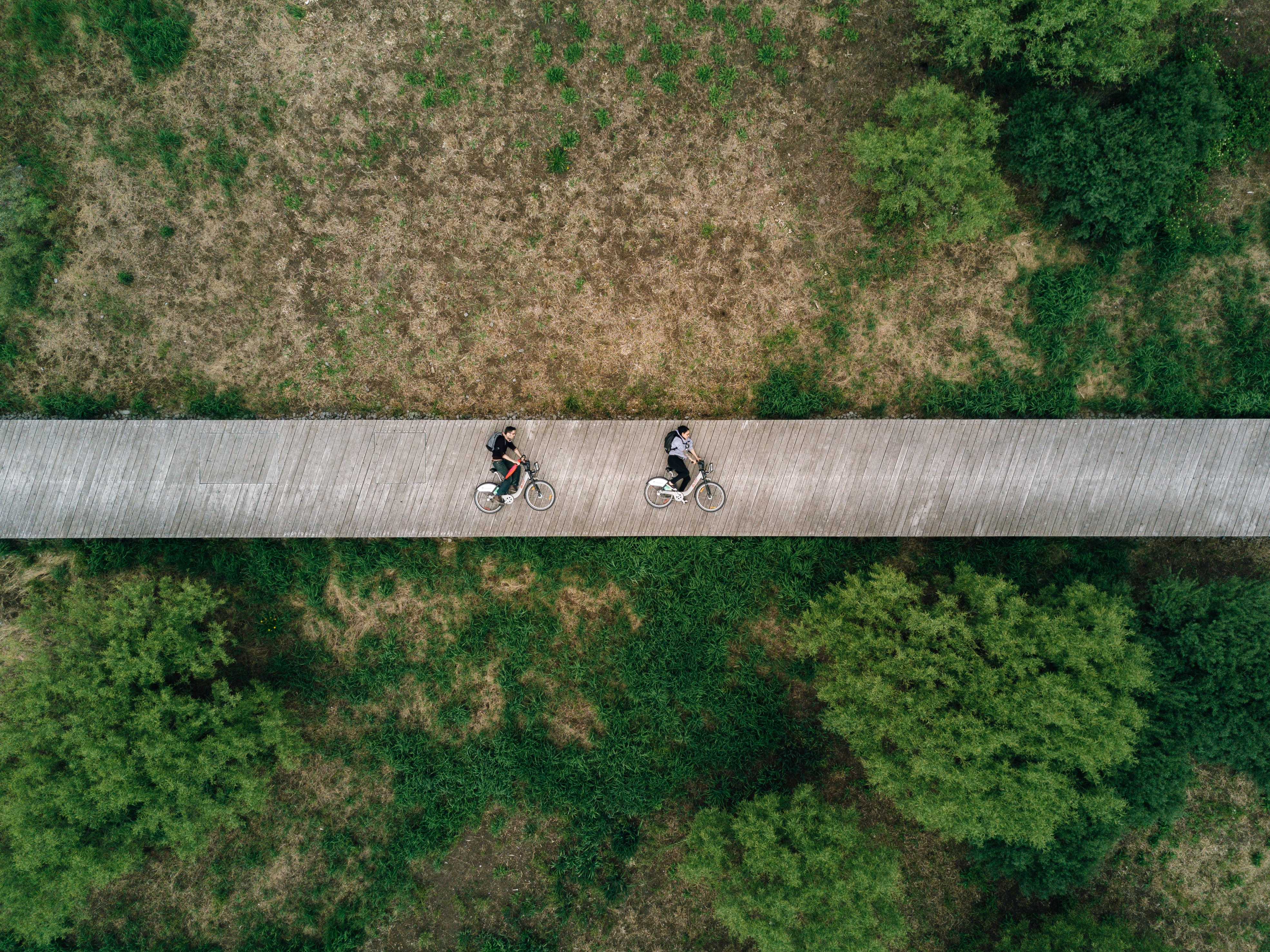The road to Gender Equity is a long road travelled. There have been setbacks and milestones.
We have been despondent
We have been optimistic
We have been angry
We have been joyful
We give up
We regroup
We start again
And so the cycle continues, it needs to continue.
The focus of equality for women and for all who experience discrimination in our systems is still needed. We have many more miles to travel.
A lot has been achieved and it’s not enough. It can be exhausting, messages get diluted, we stop hearing them. Unhelpful narratives creep in which derails and requires extra navigation to get back on course.
There is confusion around personal responsibility and accountability (fixing women) with collective responsibility and accountability (fixing the systems). Why this is important for women and men collectively can be lost.
We have grown up in a patriarchal society, one with deep historical roots that can be hard to identify and weed out. The ripple effects come out in our own biases and resulting behaviours, creating environments that exclude others who are not like us.
Building on the popular dance floor analogy by diversity advocate Vernā Myers “Diversity is being invited to the party. Inclusion is being asked to dance.”
Fadzi Whande a Global Diversity & Inclusion Strategist and an Award-winning Social Justice Advocate shared in a conversation that a missing piece is the lack of diversity amongst the choreographers. Women are still kept out of key roles that choreograph the dance, from the roles that chose the choreographers. The antidote to this is creating cultures that foster a sense of belonging encompassing diversity and inclusion in every aspect.
Whande is calling for us to stop vilifying and blaming white men, in particular, middle-aged white men, and I couldn’t agree more. ‘Let’s be careful about the stereotypes of white males. There is too much rhetoric about white middle-aged men. We have to be careful that we are not creating stereotypes against men’.
It’s important to note that our shared patriarchal upbringing is hurting men who can feel trapped in the role of provider, they are struggling in our current systems too. Suicide rates amongst men are rising globally.
A World Health Organisation report published in 2018 highlights the impact on health and wellbeing of men in the European Region showing a correlation between gender inequality and the risk of health issues for men.
It’s time to broaden our lens, to move away from blame, to find compassion and a shared goal of health and wellbeing for all. To work together and understand each other’s perspective and struggles. Whande agrees, sharing ‘I have many conversations with white men who want to help and be a part of the solution however they feel stuck because they are seen as privileged.’
A life where it’s not an either-or, a life that is a Yes, And Also…. One where life is lived in harmony encompassing every aspect of who we are and the choices we make, allowing space for the different aspects that we juggle: parenting, side hustles, adventures, volunteering, social enterprises, caring for ageing parents, hobbies, to name a few.
Creating cultures where wellbeing is the focal point could be a new lens, a pathway to achieve gender equality where we consciously and intentionally build cultures that create a sense of belonging to build true diversity that is inclusive.
We do not need an invitation to do this, we can choose, by awareness, by our behaviours and by our actions to do so every day.
Wellbeing Equity could very well be our road less travelled.
It’s time to plot a course, to create the infrastructure in our systems so we can travel this road without the potholes and steep inclines.
The cost of accepting gender inequity is high: families struggling to connect, high levels of stress and exhaustion resulting in mental health issues, physical decline and illness.
What decision will you make today?
How will your behaviours demonstrate this?
I’d love to hear your thoughts, please comment below.


